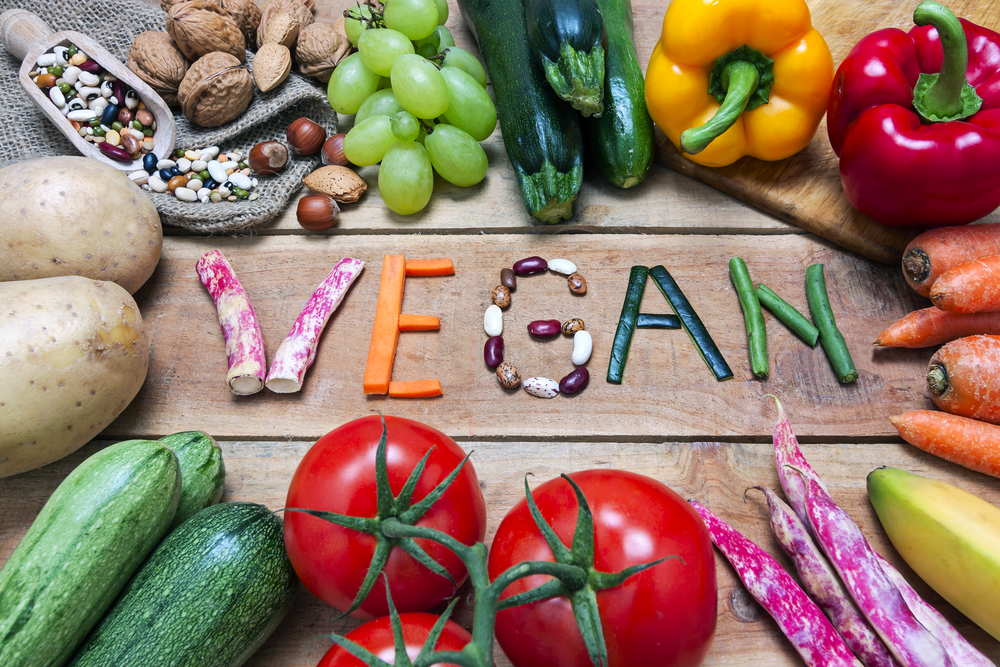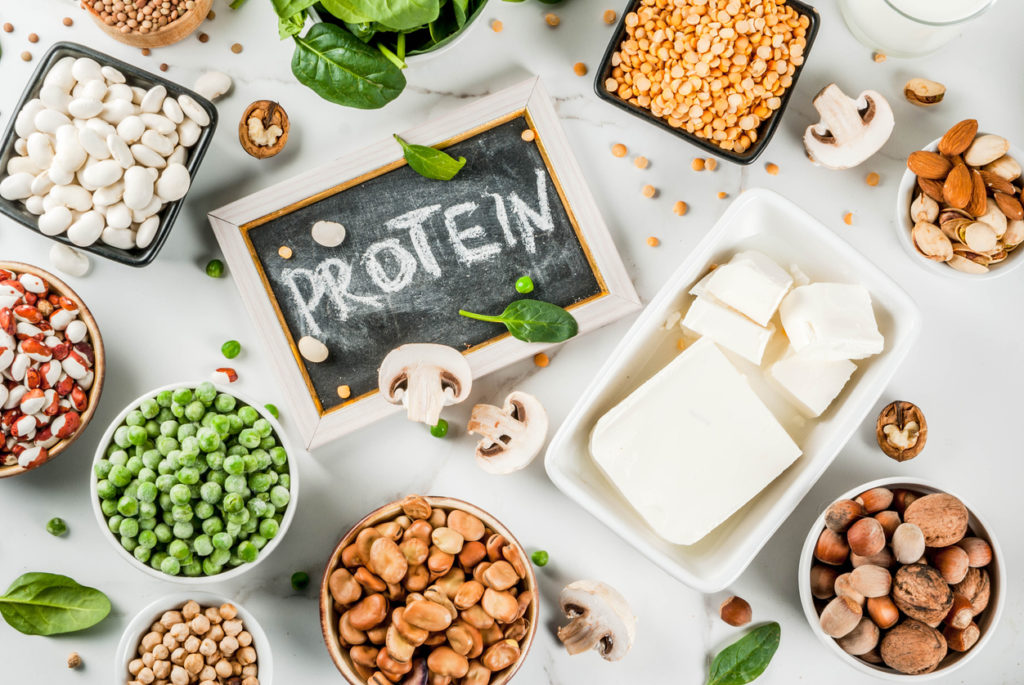The term vegetarian diet or vegetarian diet is heard almost everywhere like many other diets. But what does the vegetarian diet really consist of? What are its vital contributions?
Here is some interesting information about this type of diet.
What is a vegetarian diet?
It has been used as a basic diet in many countries for thousands of years. It may or may not be mixed with a low intake of animal protein. At the beginning of the century this was known as "vegetarianism". It has become a dietary staple as in some countries, regardless of the category, rich or not so rich, there are only proteinous plant foods to be eaten, such as vegetables. Nowadays, the philosophy is to eat to your heart's content without destroying the environment, including the lives of animals, and of course taking into account the health benefits.
In Europe, it is the intellectuals who choose to follow this diet, as it requires a certain amount of thought about what to eat, although the consumer society exists. Unlike other countries, where they have no choice but to eat vegetarian for protein as there is no meat to eat. And it turns out that following the vegetarian diet is cheaper than the standard diet which includes animal products.
What are the variations of the vegetarian diet?
There are several types of vegetarianism, but these are the main ones:
- The ovo-lacto-vegetarian diet: this diet is based on all cereal products (rice, wheat, spelt, corn, rye, barley, bread, pasta, etc. ) and grains. And also legumes (lentils, peas, beans, etc. ), dairy products (milk, yoghurt, cheese, ct. . . ) as well as eggs.
- The lacto-vegetarian and ovo-vegetarian diets are the two stricter variants. The former is based on grain products, dairy products, and legumes. And for the ovo-vegetarian it is based on cereal products, legumes and eggs.
- The vegan diet (strict vegetarian) with which animal products and by-products are eliminated including meat, fish, eggs, dairy products, honey, food gelatin, etc.
What are the vital nutrients on this diet?
Vegetarian diets provide the same nutrients as normal diets. That is, they provide macronutrients (proteins, fats, carbohydrates) and micronutrients (minerals, trace elements, vitamins, essential fatty acids, essential amino acids, etc. ).
With regard to protein intake, plant foods do not provide the totality in quality and quantity of essential amino acids, i. e. the 8 amino acids that the body cannot synthesise. Protein intake is therefore provided by eggs and cow's milk, which contain all the essential amino acids in terms of reference proteins. The amino acids provided by the vegetarian diet are Lysine and the two sulphur acids methionine and phenylalanine. Because of this, it is therefore ideal to mix dietary supplements that provideplant proteins with daily foods. Indeed, mixing the deficient food with the complementary amino acids results in a balanced meal. There are several possibilities for mixing:
- Lysine-rich animal proteins can be combined with lysine-poor grains.
- Lysine-rich vegetables low in essential sulphur amino acids can be combined with lysine-poor cereals rich in sulphur amino acids.
What are the meal variations?
Ideally you should mix the strictest foods, i. e. the staple foods, with the least strict foods, i. e. the supplements.
Here are some lists too:
- Grains combined with vegetables: rice and lentils, corn and soy, wheat and kidney beans, etc.
- Cereals combined with eggs: flan, cakes, etc.
It is easy to stabilise the balance of fats, carbohydrates and fibre with all of these foods since regular consumption in the right quantity and quality ensures that they are balanced. In addition, these foods are not too high in blood sugar, so they are very good for regulating blood sugar levels and also for regulating appetite.
What about micronutrients?
It turns out that the stricter the vegetarian diet, the higher the risk of deficiencies. This happens especially to people who follow vegan diets because they do not eat dairy products, so they lack calcium. Or iron because of the excess of pythic acid, also because animal iron is more absorbed than vegetable iron.
They are also deficient in vitamins A and D in the absence of eggs, cheese, milk and fatty fish, or in vitamin B12 in the absence of animal products. Nevertheless, if the vegetarian diet is well balanced and complete, there are no micronutrient deficiencies, especially for less strict diets.
To conclude
In short, in order to avoid deficiencies, it is advisable for vegetarian populations to add seaweed (spirulina, wakame, nori, sea lettuce, kombu, dulse, etc. ), dried fruits (date, prune, grapes, etc. ), soya and its derivatives (juice, yoghurt, cream, tofu, miso, tempeh, etc. ), proteinaceous fruits (walnuts, hazelnuts, almonds, pistachios, sesame, etc. ), sprouted seeds (vegetables, cereals, etc. ) and also wheat germ as well as nutritional yeast.
These foods balance and avoid possible deficiencies thanks to the presence of an abundant quantity of micronutrients. It should also be noted that the excess of the diet can cause risks of protein deficiencies and oedemas due to the low level of protein in the blood, extra-prandial cravings (between meals) with an uncontrolled consumption of fatty and/or sweet products (cheese, biscuits, etc. ).
This can also lead to an unhealthy weight gain. Therefore, to have a good balance with a vegetarian diet, a consumption of at least one egg and two parts of dairy products per day is the recommended solution.
Nowadays more and more sportsmen adopt this diet, especially culturists.



